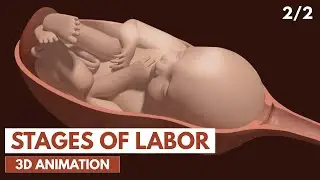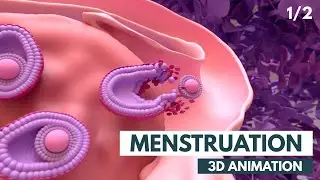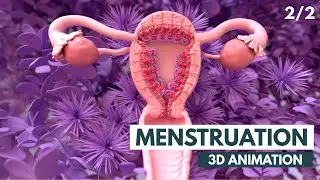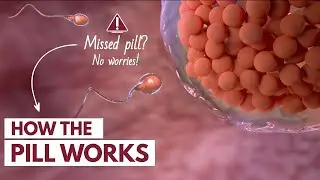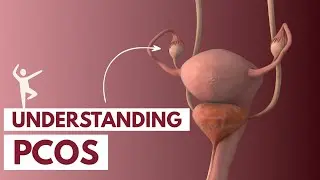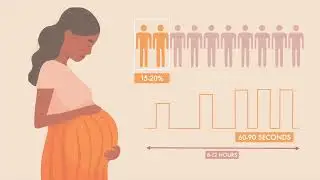Does morphine hasten death? | End-of-life myths explained
You might have heard that giving morphine leads to a quicker death. Dr. Paulien Moyaert busts one of the most popular myths about morphine. She explains the mechanism of action of morphine, its clinical applications and why morphine does not hasten death at the end of life.
Timecodes:
0:00 Introduction
0:07 Clinical applications
0:20 Does it hastens death?
0:42 Does it make a person live longer?
1:04 The end
#endoflife #morphine #mythsbusted
Morphine is a strong pain killer that is frequently used in hospice care. It is also given to ease the feeling of shortness of breath.
You might have heard that giving morphine leads to a quicker death. However, there is absolutely no evidence that opioids such as morphine speed up the dying process. Part of this misconception is from experiences where death was immediately preceded by a dose of morphine. This is an important time to remember that correlation does not imply causation. In fact, research shows that using morphine near the end of life may help a person live a bit longer. This is because experiencing pain and trouble breathing can be exhausting, and people nearing the end of life have limited strength and energy. So, it makes sense that treating these symptoms might slow down the rate of decline, if only for a few hours.











